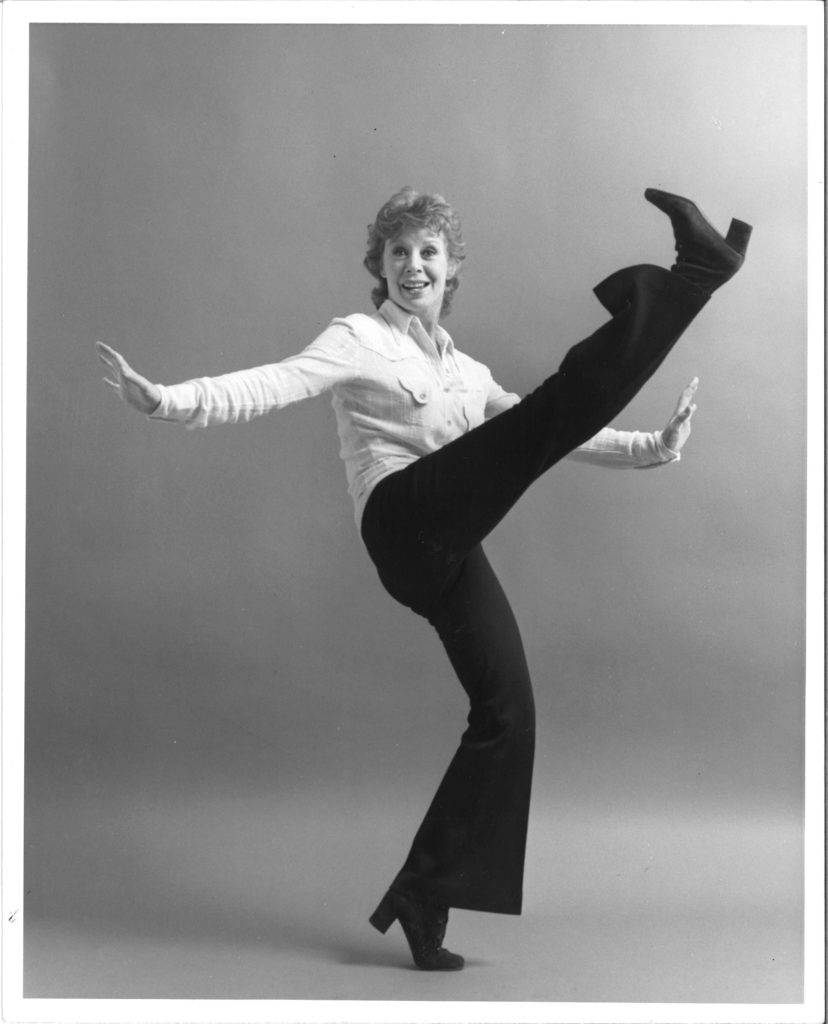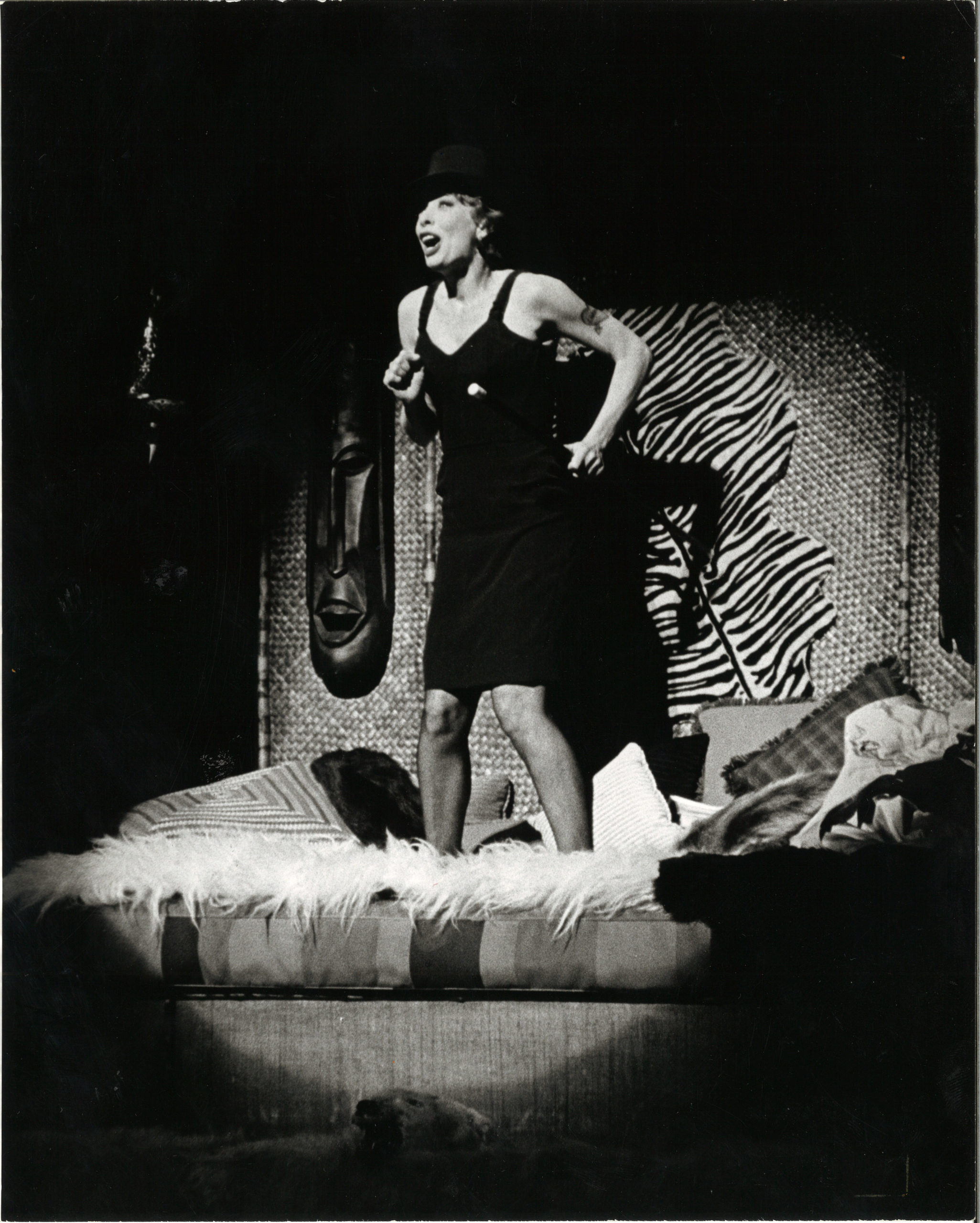TBT: Celebrating Gwen Verdon, Broadway’s Favorite Redhead
At 16, Gwen Verdon quit dancing. She’d gotten pregnant, been forced to marry, and, as she told us in the August 1956 issue of Dance Magazine, “I really wasn’t interested in dancing.”
Born January 13, 1925, Verdon was put in dance classes by her mother (a dancer herself) after suffering rickets as a toddler. She returned to dance after her first marriage dissolved, though, “If I could have typed, I would have been a secretary,” she said. Fortunately, she instead went on to become an inimitable Broadway star.

A five-year stint working with jazz choreographer Jack Cole and time in various chorus lines preceded her show-stealing, star-making turn in the Michael Kidd–choreographed Can-Can, for which she won her first Tony Award. Her second quickly followed with Damn Yankees, the show through which she met Bob Fosse. Verdon became his partner and one of the foremost interpreters of his choreography. Her third and fourth Tonys were for Fosse-choreographed musicals; she originated the iconic roles of Charity in Sweet Charity and Roxie Hart in Chicago, and, despite having separated from Fosse in 1981, she worked to preserve the choreographer’s legacy after his death in 1987.
That included serving as artistic consultant on the 1999 Broadway musical revue Fosse. “I want all dancers to be great dancers,” she said of working with the cast in the September 1998 issue of Dance Magazine. “ ‘Never be mediocre!’ I tell them. ‘Be bad! But never mediocre.’ ”
Verdon received a Dance Magazine Award in 1962 and a National Medal of Arts in 1998. She died in 2000. In recent years there’s been an increasing appreciation for Verdon not just as a muse, but a creative force in her own right.




